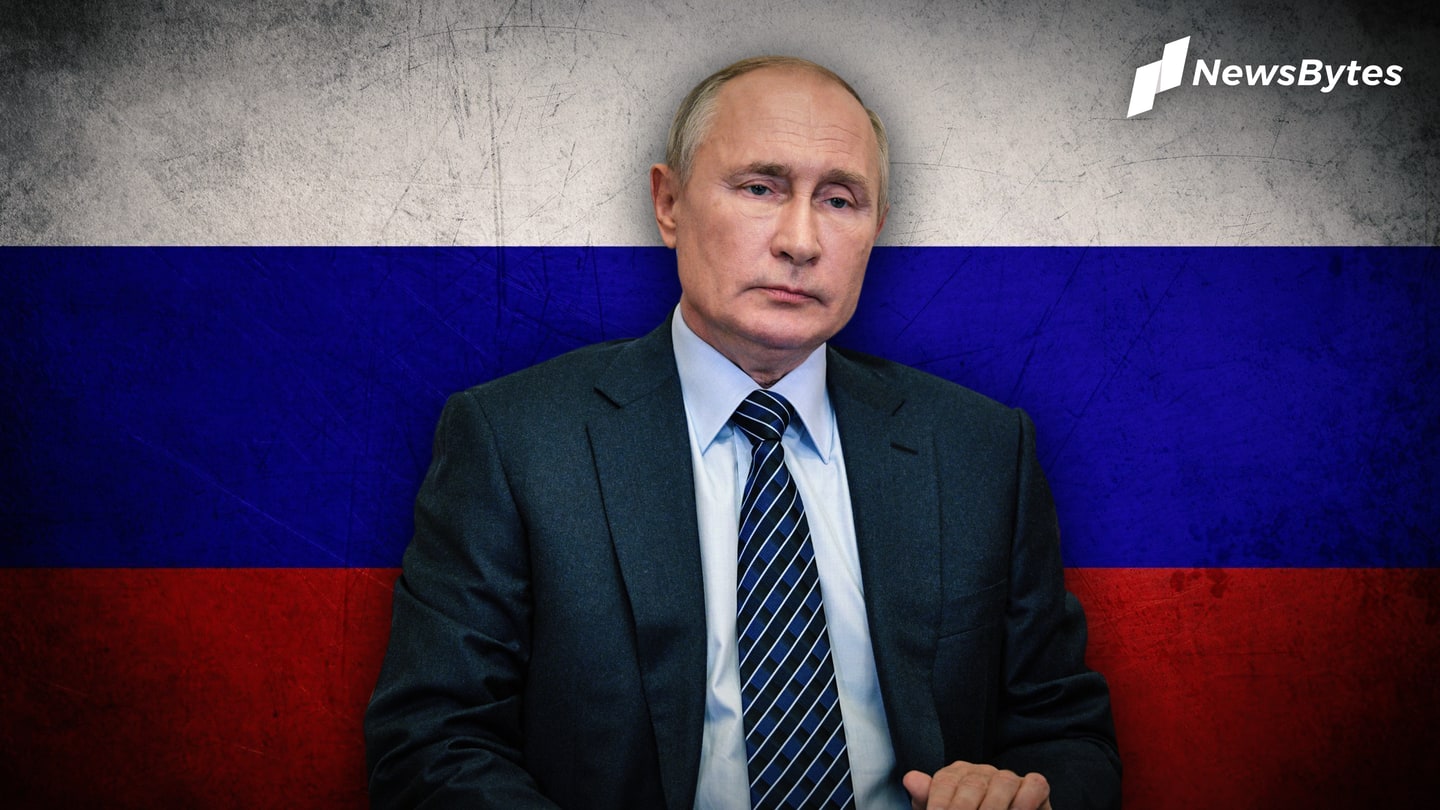
Putin may have Parkinson's; could step down next year: Report
What's the story
Russia's President Vladimir Putin, whose fitness videos have made other world leaders envious, may have Parkinson's disease, The Sun claimed, adding that he might quit early next year. The strongman looked visibly ill during his recent public appearance; his legs were seen shaking in the footage and his fingers twitched as well. Evidently, his health condition has worried people close to him. Here's more.
Presidency
Putin's reign comes next only to Stalin's
The 68-year-old has served as both the Prime Minister and President of Russia. His 20-year-long reign is next only to Joseph Stalin, who ruled the Soviet Union from the mid-1920s until his death in 1953. As Putin's health dipped, his 37-year-old girlfriend Alina Kabaeva pleaded him to step down. His daughters — Maria Vorontsova, 35 and Katerina Tikhonova, 34 — also want the same.
Speculations
Political scientist from Moscow said Putin has symptoms of Parkinson's
The speculations have been swirling for quite some time and gained momentum when Moscow's political scientist, Professor Valery Solovei, told The Sun that Putin could have Parkinson's disease, an illness which causes shaking, stiffness, and makes it difficult for patients to walk. The disease gets worse with time. The daily said Putin was recently seen clutching the armrest of a chair. His legs shook too.
Family
Handover plans could be made public in January
Solovei said the family was pressurizing Putin. "There's a family, it has a great influence on him. He intends to make public his handover plans in January," he added. He hinted that Putin could groom a new prime minister to take over the reins after he quits. However, in sharp contrast to the speculations, Putin's staff has maintained that he isn't orchestrating an exit.
Legislation
Putin wants former Presidents to enjoy lifetime immunity
Speculations about Putin's exit come at a time when Russian lawmakers are mulling legislation that would make former Presidents immune from criminal prosecution. The legislation was proposed by Putin. It would expand the current Russian law that says that sitting Presidents can't be charged criminally for actions during their terms. Another of Putin's Bill made Presidents lifetime members of the Senate.
Details
Lawmakers can revoke immunity, but there are conditions
Notably, the Bill does give lawmakers the power to withdraw immunity if the President is accused of high treason. For this, a two-thirds majority in both legislative chambers are needed. Senator Andrei Klishas said, "The Bill secures immunity guarantees for ex-presidents beyond the terms of their presidential powers. This expands the time frame of immunity guarantees for a President who stops exercising his powers."